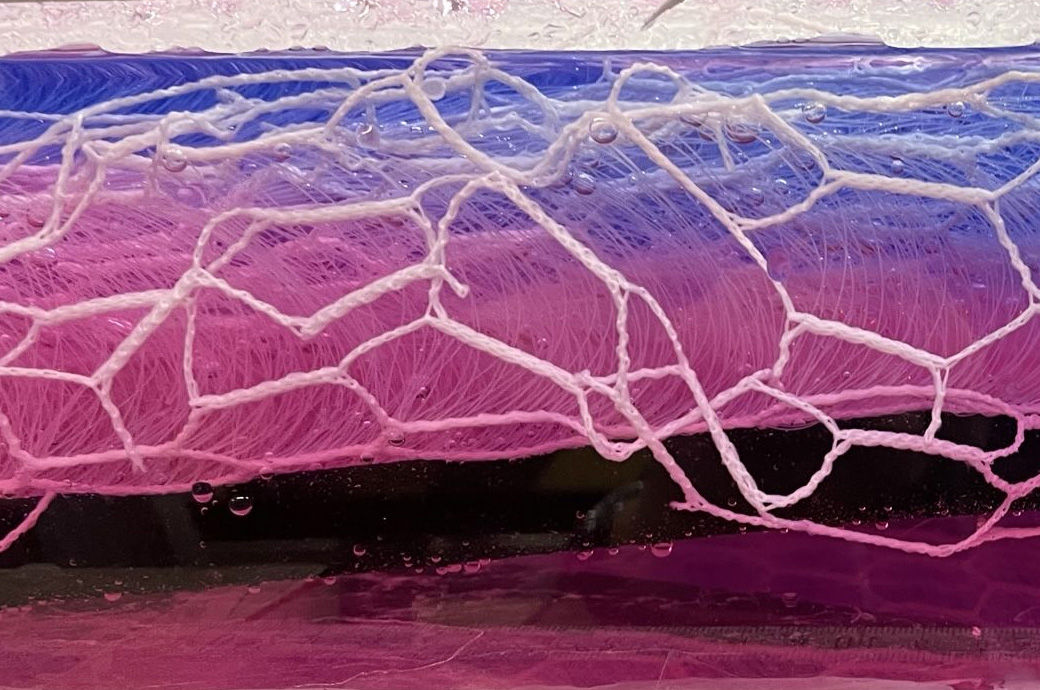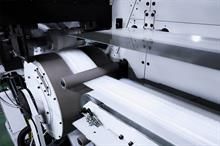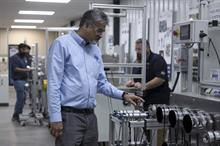
Greywater in particular, i.e. wastewater from showers, bathtubs and washbasins, offers great potential for further use. It can be brought to service water quality on site and reused for flushing toilets or watering gardens.
Around 50 to 80 per cent of all domestic wastewater is greywater. Until now, large containers and tanks have been needed to reprocess it and return it to the cycle, taking up a lot of space in the building, DITF said in a press release.
It is based on a 3D spacer fabric made of highly durable polypropylene. Its advantage is that it can be installed flat and is therefore extremely space-saving. Thanks to its special system geometry, it can be installed in places that would otherwise remain unused - for example in a new building under the floor of an underground garage, on a flat roof or in the garden. It can be modularly adapted to the water requirements and structural conditions in the respective buildings. "Even vertical solutions on facades are conceivable," explained DITF scientist Jamal Sarsour. This means that the greywater treatment system could be used in densely built-up cities in particular.
The system developed by the project partners requires little maintenance and is therefore particularly cost-effective. Compared to previous solutions, it is characterised by a long lifespan. It therefore contributes to sustainable water use and makes a valuable contribution to the circular economy.
ARIS plans to launch the new textile-based greywater treatment system on the market in 2024.
The project will be presented on June 13, 2024 at the SME Innovation Day of the Federal Ministry for Economic Affairs and Climate Protection in Berlin.
Fibre2Fashion News Desk (RR)

